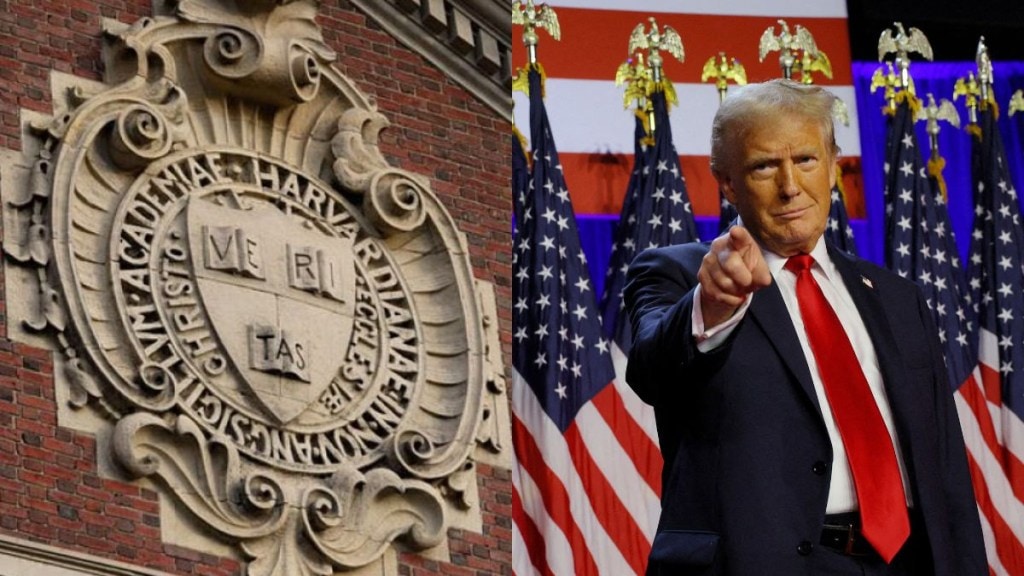The months-long funding dispute between the Trump administration and Harvard University, a prestigious Ivy League institution, is set to come to an end. After adamant attempts to get the university to reshape its operations and posing a threat to its tax-exempt status, a $500 million deal is set to solve these issues.
As talks are still in progress, this half-billion-dollar deal would be a landmark in ongoing negotiations. If locked, it would reinstate access for Harvard to the federal research funding, which exceeds $2.6 billion. Earlier, it was frozen due to a stringent investigation into the university’s operations. However, no official statement has been issued by either party, AP reported.
This also comes after Harvard faced widespread accusations of propagating antisemitic sentiments. Students were held back, and the faculty was held responsible for spreading anti-American information. Moreover, nearly 7,000 foreign students were denied enrollment in the university by the Department of Homeland Security (DHS).
Harvard’s showdown with Trump
What started as an investigative probe into antisemitic propaganda on campus took the form of a border confrontation, triggering heavy surveillance on academia. The Trump administration also accused the university of resisting reform and, in turn, cut off state funding.
The $500 million deal was preceded by a lawsuit filed by Harvard, terming the retaliatory measures allegedly illegal. It is, however, the largest amount any administration has dealt with when it comes to elite institutions like Harvard. While the university may not be alone in this shakedown by the Trump administration, the amount in question is significantly lower.
Universities like Columbia and Brown have agreed on $200 million and $50 million deals, respectively. It would not only restore federal funding but also give the universities a kickstart towards workforce development. This political battle runs deeper than just funding. Marking a tumultuous time in his office, Trump had made educational reform, especially in universities, a foundational element of his election campaign, accusing them of “ideological bias” and “lack of transparency”.

